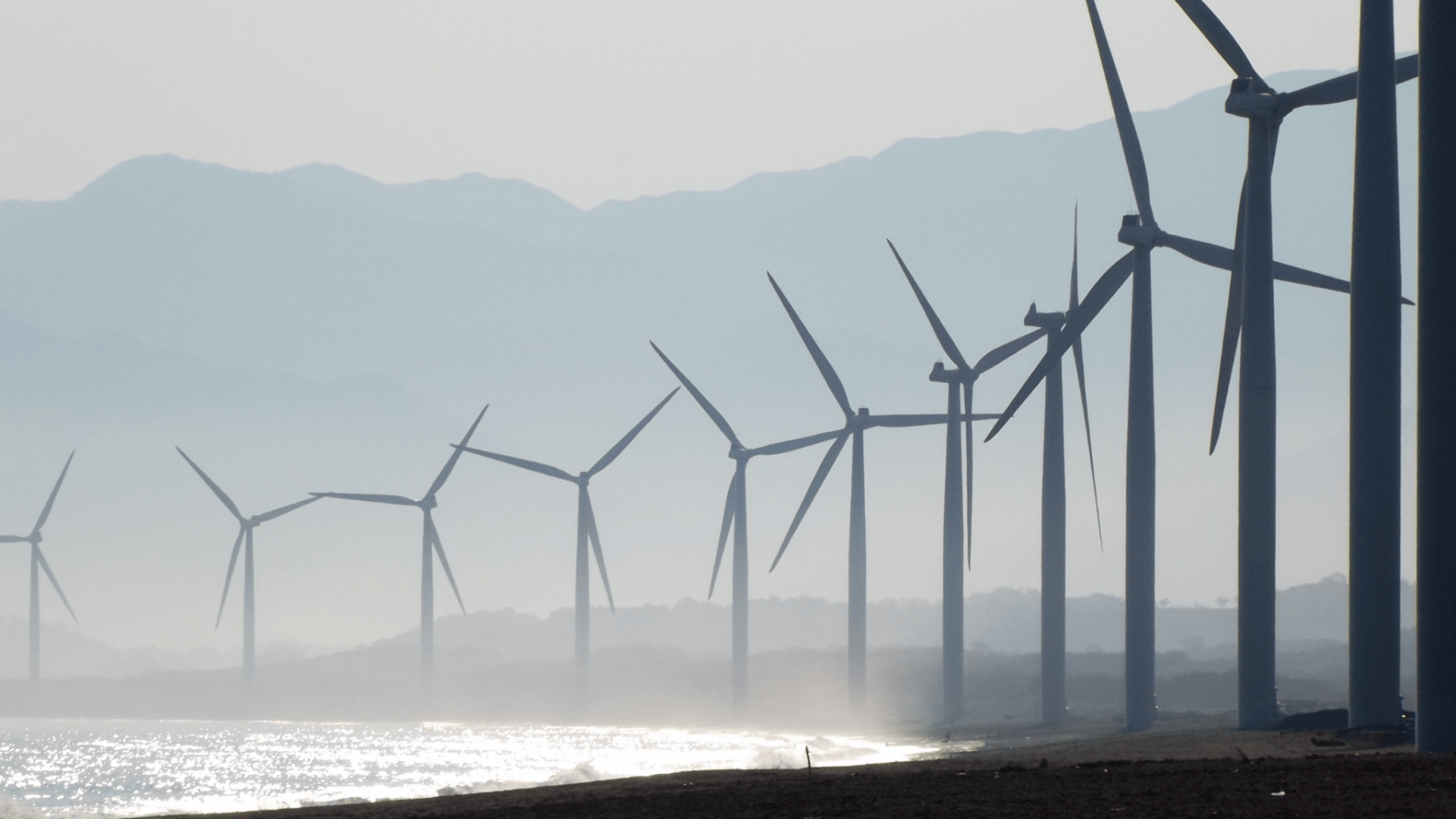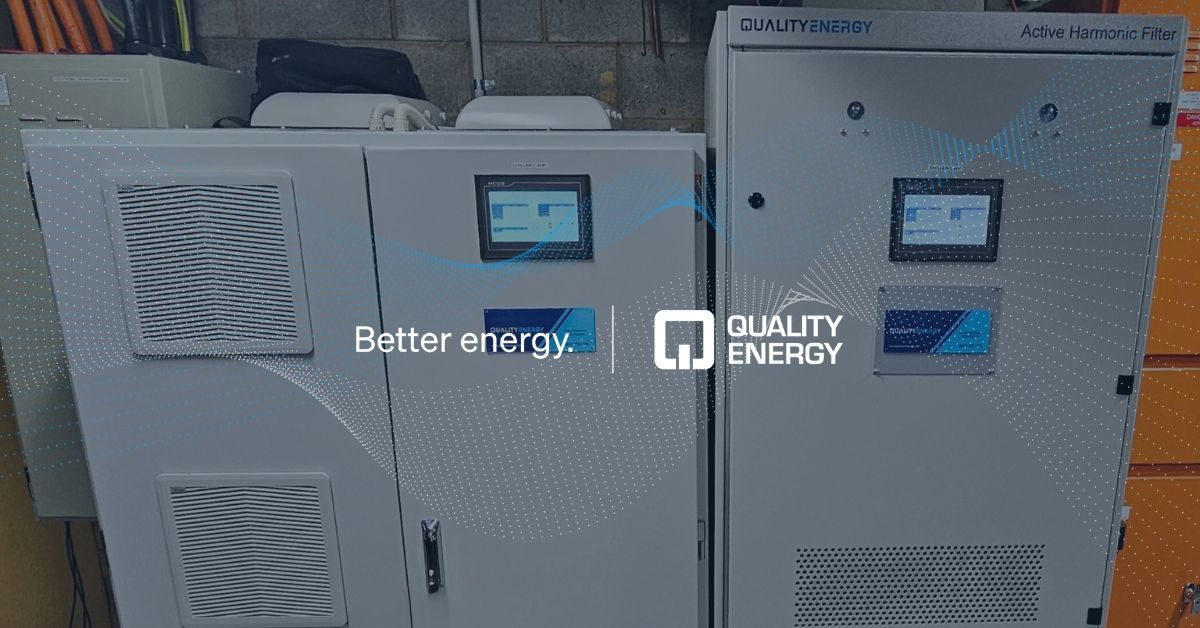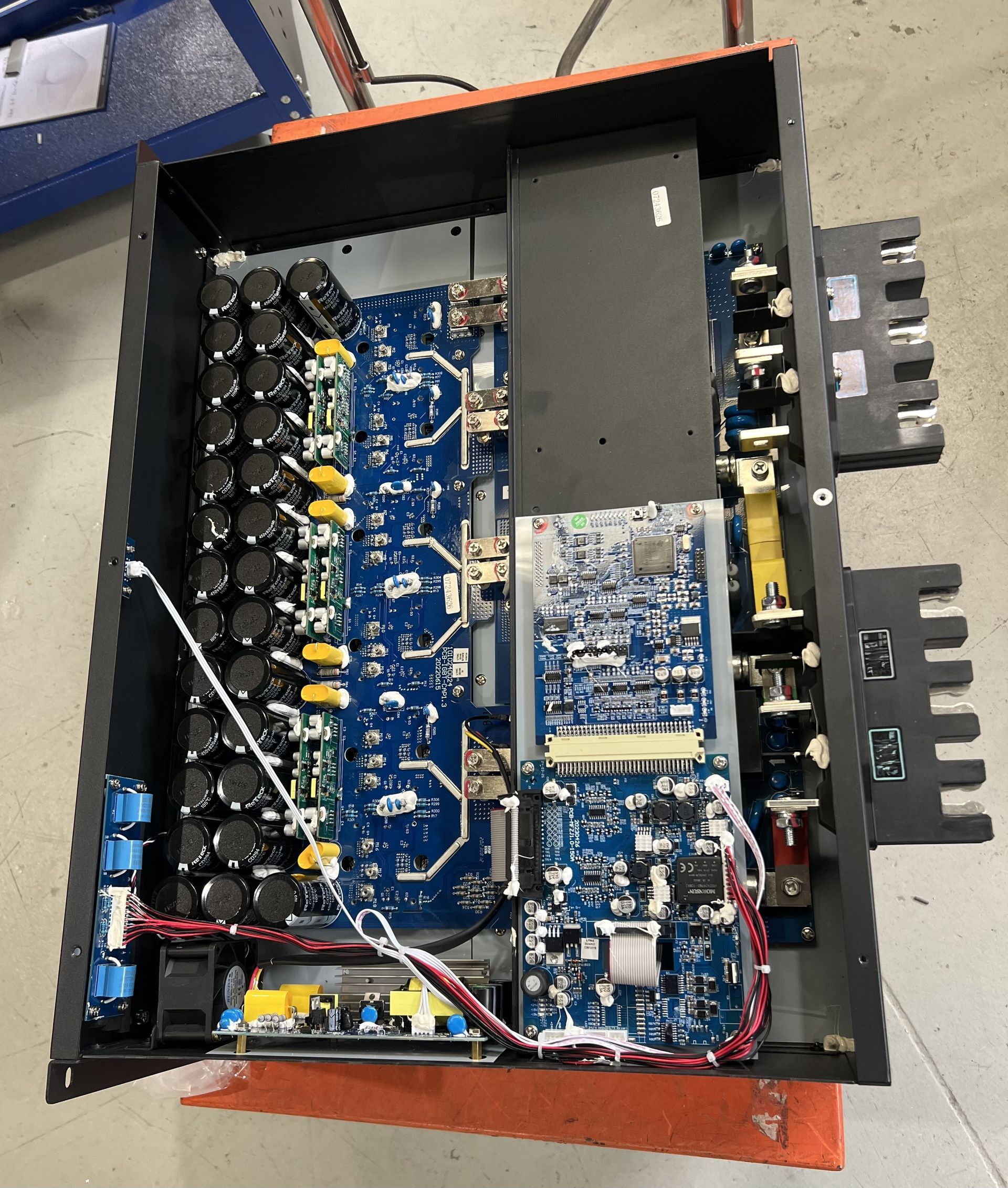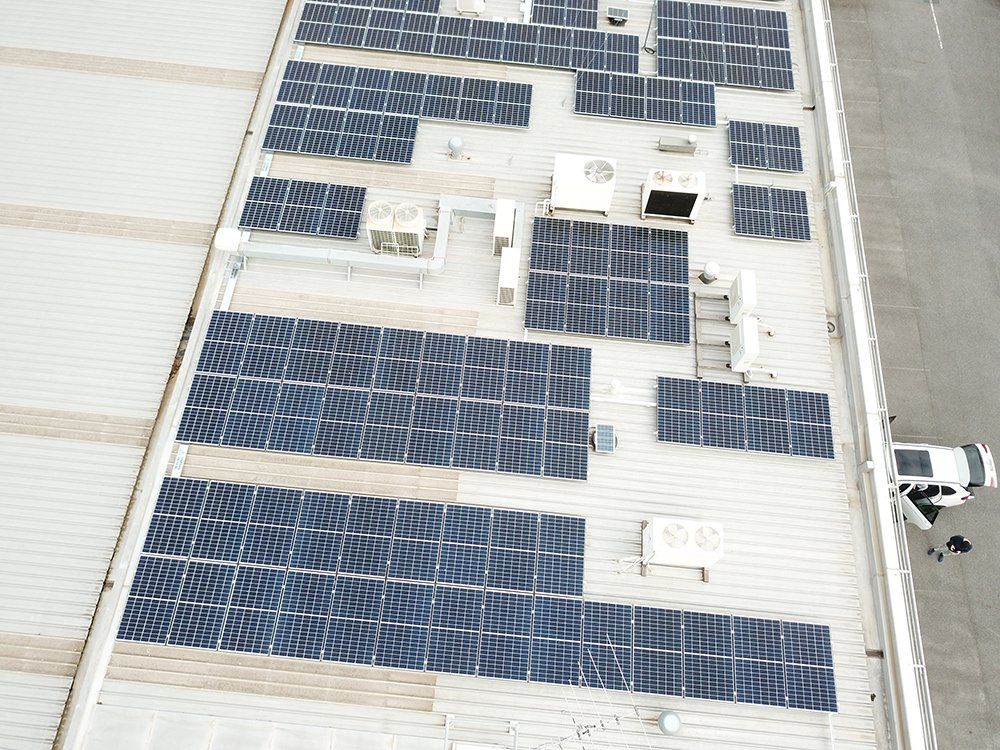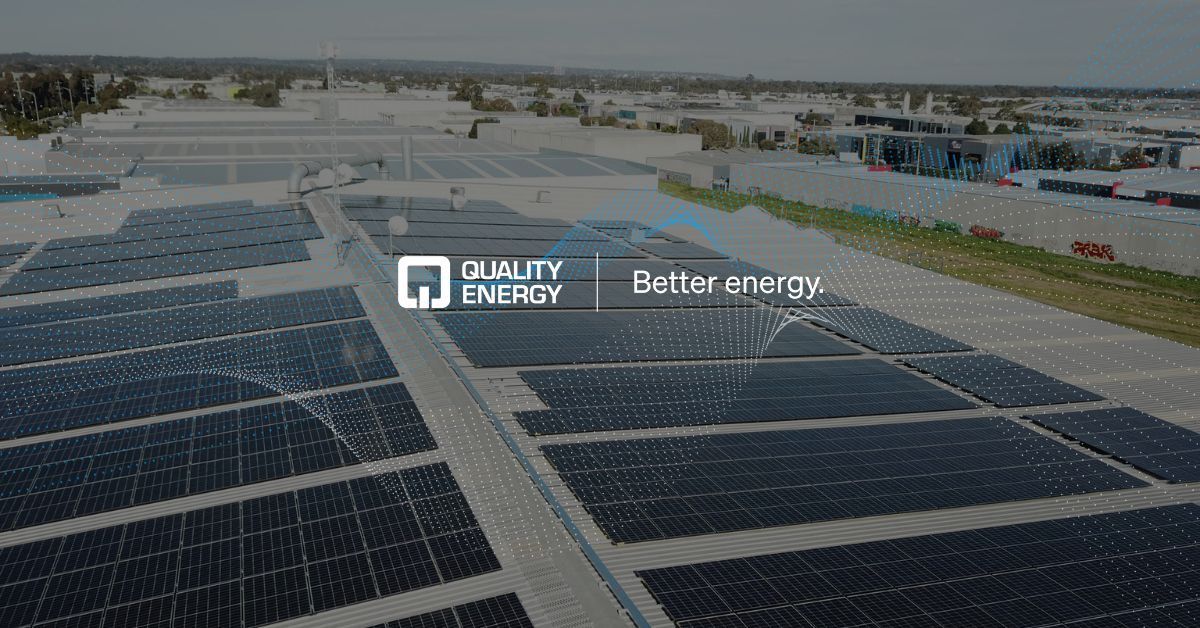Top 10 Mistakes in Commercial & Industrial Solar Procurement in Australia
On This Page:
- Introduction
- Confusing Rebates, Certificates, and Feed-in Tariffs
- Inadequate Financial Modeling and Ownership Structure Analysis
- Ignoring Power Quality and Grid Connection Requirements
- Incorrect System Sizing and Demand Profile Matching
- Inadequate Structural and Roof Condition Assessment
- Compromising on Equipment Quality and Warranties
- Overlooking Operations and Maintenance Planning
- Insufficient Understanding of Australian Standards and Regulations
- Inadequate Risk Assessment and Insurance Planning
- Selecting Inappropriate Partners and Procurement Processes
- Quality Energy Helps You Avoid These Costly Solar Mistakes
- The Quality Energy Difference
As Australian energy prices continue their relentless climb and businesses face mounting pressure to reduce operational costs and carbon emissions, commercial and industrial (C&I) solar has emerged as a strategic imperative rather than just an option. However, navigating the complexities of large-scale solar procurement in Australia's regulatory environment requires careful consideration.
Throughout my decade-plus experience delivering high-performance solar solutions for commercial and industrial enterprises across Australia, I've witnessed countless costly mistakes that could have been easily avoided with proper guidance. These errors not only impact immediate ROI but can create long-term operational headaches and missed opportunities.
Here are the 10 most critical mistakes Australian businesses make when procuring commercial and industrial solar systems, and how to avoid them.
Confusing Rebates, Certificates, and Feed-in Tariffs
The Australian renewable energy incentive landscape is complex, with multiple overlapping schemes that many businesses fail to optimise.
Small-scale Technology Certificates (STCs) provide upfront discounts nationally for systems under 100kW capacity, administered under the Small-scale Renewable Energy Scheme. Your accredited installer claims these on your behalf and you get the up-front discount, but the value fluctuates with market conditions.
Large-scale Generation Certificates (LGCs) apply to systems over 100kW and are created over the system's lifetime rather than upfront. These can be sold through the Large-scale Renewable Energy Target market or retained for your own compliance obligations.
Feed-in tariffs represent the payment you receive for excess electricity exported to the grid. For C&I customers, these rates are typically lower than residential tariffs and vary significantly between retailers and states. Understanding export limitations and time-of-use variations is essential for system optimisation.
Inadequate Financial Modeling and Ownership Structure Analysis
Many businesses rush into solar procurement without properly evaluating different ownership models and their financial implications.
Direct Purchase offers maximum long-term savings and may offer depreciation benefits under the Australian Taxation Office guidelines. Please check with your accountant or the ATO for the most up to date advice on depreciating assets.
Power Purchase Agreements (PPAs) eliminate upfront capital expenditure but typically deliver lower lifetime savings. They're particularly suitable for businesses with limited capital, long term occupancy, or complex approval processes.
Operating Leases provide middle-ground options but require careful evaluation of lease terms and end-of-lease obligations.
Critical financial modeling must include:
- Levelised Cost of Energy (LCOE) calculations
- Demand charge impacts for time-of-use tariffs
- Escalation assumptions for electricity prices
- Take tax out and cash flow analysis
- Risk assessment for technology and performance variables
Ignoring Power Quality and Grid Connection Requirements
Commercial and industrial installations often require sophisticated electrical engineering that many providers underestimate.
Systems over 200kW require formal grid connection applications to your Distribution Network Service Provider (DNSP), involving detailed electrical studies and protection system design. Systems over 100kW face increasingly stringent requirements under Australian Standard AS4777 for grid connection of energy systems via inverters.
Power quality considerations become critical in industrial environments with:
- Harmonic distortion from variable frequency drives and other non-linear loads
- Voltage regulation requirements
- Power factor correction needs
- Protection coordination with existing electrical infrastructure
Many businesses discover too late that their electrical infrastructure requires significant upgrades to accommodate solar integration, adding substantial unexpected costs.
Incorrect System Sizing and Demand Profile Matching
System sizing for C&I applications extends far beyond simple energy consumption analysis. Many businesses receive proposals based solely on annual electricity usage without proper consideration of:
Demand Charge Implications: Most commercial customers face demand charges based on their maximum 15 or 30-minute demand periods. Solar generation during these peak periods significantly impacts system value.
Load Profile Analysis: Manufacturing businesses with overnight operations, data centres with constant loads, and retail operations with evening peaks all require different solar design approaches.
Future Growth Planning: Businesses often expand operations, add equipment, or integrate electric vehicle charging. System design should accommodate foreseeable growth through:
- Adequate roof space reservation
- Electrical infrastructure capacity planning
- Modular system expansion capabilities
Seasonal Variations: Australia's diverse climate zones create significant seasonal generation and load variations that impact system performance and financial returns.
Inadequate Structural and Roof Condition Assessment
Commercial and industrial roofs present unique challenges that residential-focused installers often overlook:
Structural Load Capacity: Industrial roofs, particularly older structures, may require structural engineering assessments to verify capacity for additional solar loading, especially in high-wind coastal areas. Any system larger than 30kW requires structural inspection.
Roof Condition and Warranty: Installing solar on roofs nearing replacement creates long-term complications. Proper assessment includes:
- Remaining roof warranty periods
- Condition of roof membranes and flashing
- Access requirements for future roof maintenance
- Integration with existing roof drainage systems
Industrial Environment Considerations: Manufacturing facilities may have:
- Corrosive atmospheres requiring specialised mounting systems
- Roof access restrictions during operations
- Crane and equipment clearance requirements
- Safety considerations for maintenance access
Compromising on Equipment Quality and Warranties
The phrase "cheap pays twice" particularly applies to commercial solar installations. While premium equipment requires higher upfront investment, the long-term performance and warranty implications are substantial.
Premium Solar Panels typically offer:
- 25+ year performance warranties with linear degradation curves
- Superior low-light and high-temperature performance
- Enhanced durability for harsh Australian conditions
- Comprehensive manufacturer support and local service capabilities
Budget Equipment Risks include:
- Shorter warranty periods (often 10-12 years instead of 25)
- Higher degradation rates reducing long-term performance
- Limited manufacturer support for warranty claims
- Potential compatibility issues with monitoring and optimisation systems
Inverter Selection becomes critical for system reliability:
- String inverters vs power optimisers for different shading scenarios
- Monitoring and diagnostic capabilities
- Remote troubleshooting and maintenance features
- Proven track record in Australian conditions
Overlooking Operations and Maintenance Planning
Large commercial systems require professional operations and maintenance strategies that many businesses fail to plan for:
Performance Monitoring: Advanced monitoring systems enable:
- Real-time performance tracking and fault detection
- Automated alerts for system underperformance
- Detailed reporting for financial analysis and warranty claims
- Integration with building management systems
Preventive Maintenance: Professional solar maintenance programs should include:
- Regular cleaning schedules adapted to local soiling conditions
- Electrical connection inspections and thermographic surveys
- Inverter performance verification and firmware updates
- Structural mounting system inspections
Performance Guarantees: Many commercial installations include performance guarantees that require proper monitoring and maintenance to enforce warranty claims.
Insufficient Understanding of Australian Standards and Regulations
Australia's regulatory environment for commercial solar continues evolving, with new requirements regularly introduced:
Grid Connection Standards: The Australian Energy Market Commission (AEMC) regularly updates grid connection requirements, particularly around:
- Export limitation capabilities
- Grid support functions during disturbances
- Communication and control system requirements
Work Health and Safety: Commercial installations must comply with stringent Work Health and Safety regulations, including:
- Fall protection systems for ongoing maintenance
- Electrical safety procedures and isolation requirements
- Emergency response and system shutdown procedures
Building Code Compliance: Integration with existing building systems requires compliance with construction codes, including fire safety and structural requirements.
Inadequate Risk Assessment and Insurance Planning
Commercial solar installations introduce various risks that require proper assessment and mitigation:
Business Interruption Risks: Installation periods can disrupt normal operations. Proper planning includes:
- Scheduling installations during low-activity periods
- Maintaining power supply continuity during electrical work
- Coordinating with other building maintenance activities
Insurance Considerations: Commercial solar systems require specific insurance coverage including:
- Equipment replacement coverage for weather damage
- Business interruption insurance for system downtime
- Public liability coverage for installation and maintenance activities
- Cyber security coverage for connected monitoring systems
Performance Risk Management: Long-term performance risks include:
- Technology obsolescence and parts availability
- Weather-related performance variations
- Soiling and degradation impact specific to industrial environments
Selecting Inappropriate Partners and Procurement Processes
The complexity of commercial solar requires experienced partners with demonstrated C&I capabilities:
Installer Accreditation: Verify NETCC and Solar Accreditation Australia (Quality Energy holds both) and check for:
- Commercial installation experience and references
- Electrical contractor licensing appropriate for system size
- Professional indemnity and public liability insurance coverage
- Grid connection application experience with local DNSPs
Design and Engineering Capabilities: Commercial projects require:
- Professional electrical engineering for grid connection applications
- Structural engineering assessment capabilities
- Power quality analysis and mitigation experience
- Integration with existing building management and energy systems
Long-term Support Capabilities: Evaluate providers based on:
- Local service and support capabilities
- Track record for warranty support and system maintenance
- Financial stability for long-term partnership
- Expertise in performance monitoring and optimisation
Take a look at our numerous solar case studies for more information. We’ve installed small business solar of 13kWh up to a massive 1MW installation.
Quality Energy Helps You Avoid These Costly Solar Mistakes
Success in commercial and industrial solar procurement requires a comprehensive approach that considers technical, financial, and operational factors specific to Australian conditions and regulations.
Professional Assessment Process: Every commercial solar project should begin with a detailed site assessment including:
- Comprehensive electrical and structural engineering evaluation
- Detailed energy audit and load profile analysis
- Grid connection feasibility and requirements assessment
- Financial modeling, incentives, and cash flow
Holistic System Design: Effective C&I solar design considers your entire energy ecosystem including:
- Integration with existing energy management systems
- Coordination with planned facility upgrades or expansions
- Opportunities for energy storage and demand management
- Future technology integration possibilities
Partnership Approach: Rather than simple equipment procurement, successful C&I solar projects require true partnerships with providers offering:
- Comprehensive project management from design through commissioning
- Ongoing performance monitoring and maintenance services
- Long-term support for system optimisation and expansion, including adding solar battery energy storage systems (BESS)
- Expertise in evolving regulatory and market conditions
The Quality Energy Difference
Quality Energy has operated in Australia's energy sector for over 35 years, providing comprehensive energy management solutions including commercial and industrial solar systems. As an NETCC Approved Solar Retailer, we maintain the highest industry standards while providing the technical expertise necessary for complex C&I installations.
Our approach prioritises comprehensive site assessment, professional engineering design, and long-term partnership rather than simple equipment sales. We never provide pricing without detailed on-site evaluation because we understand that effective C&I solar requires careful consideration of your unique operational requirements, electrical infrastructure, and business objectives.
Where required, every project includes detailed electrical and structural engineering, grid connection support, professional installation, comprehensive commissioning, and ongoing performance monitoring to ensure your investment delivers expected returns throughout its 25+ year operating life.
If you're considering commercial or industrial solar for your Australian business, I invite you to contact me for a confidential discussion about your requirements and objectives.

Andrew Scott is Quality Energy's National Sales Manager, Renewables, with more than 10 years' professional experience in the renewable energy sector. His experience encompasses power generation project sales and renewable energy solution sales across SME and Commercial and Industrial sectors
Related news
